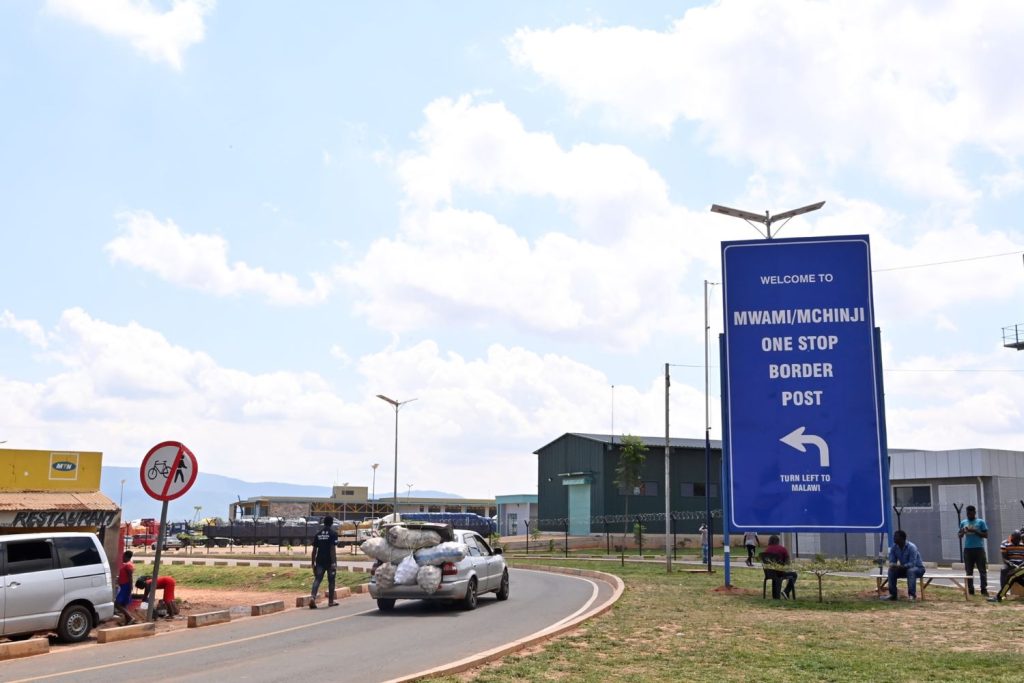
Borders serve as crucial points where various agencies act as gatekeepers to territorial boundaries, with Customs authorities and other border management agencies playing essential roles in community protection. These roles include tax collection, preventing international terrorism, and safeguarding public health and cultural heritage.
However, there is a notable shift towards facilitation and competitiveness through the implementation of Coordinated Border Management (CBM) programs. CBM aims to enhance efficiency and competitiveness by facilitating legitimate trade and travel while ensuring predictable and streamlined clearance procedures.
In the COMESA region, CBM is being implemented under the Trade Facilitation Project, funded by the European Union under the EDF 11 program. Previous efforts to facilitate trade within COMESA have not yielded significant results, as intra-COMESA trade flows remain low at around 10%. The COMESA Medium-Term Strategic Plan 2021-2025 aims to raise this figure to 25%.
“Effective implementation of CBM is a crucial strategy that can significantly contribute to achieving this ambitious goal,” remarked COMESA Director of Trade, Dr. Christopher Onyango, during his address at the Coordinated Border Management Implementation Workshop held in Lusaka, Zambia, on March 20 – 22, 2024.
The workshop aimed to collaborate with stakeholders to coordinate various activities aimed at enhancing efficiency and competitiveness. This workshop followed the decision of the 42nd COMESA Council of Ministers in November 2021, which adopted Regional CBM guidelines and an Implementation Strategy.
These documents were developed to assist member states in implementing CBM, transitioning from national to regional implementation using a standardized approach based on international benchmarks.
“If properly designed, implemented, and adequately resourced,” Dr. Onyango emphasized, “collaborative border management can deliver a range of benefits to governments and the private sector alike.”
These benefits include cost and efficiency improvements, promoting good governance and integrity to meet the increasing policy and procedural requirements at borders. Additionally, there is a growing expectation from the private sector and heightened awareness of costs, leading to political pressure for competitiveness as countries aim to attract trade and tourism.
By developing a regional implementation blueprint, bilateral arrangements for CBM implementation will be simplified, fostering a culture of shared services where collaborative operating models and facilities can be created to deliver strong performance and service delivery.
To date, several interventions aimed at enhancing CBM have been undertaken at selected border posts in the region. These include upgrades to facilities, processes, and procedures at border posts such as Chirundu (Zambia/Zimbabwe), Mwami/Mchinji (Malawi/Zambia), Nakonde/Tunduma (Tanzania/Zambia), Moyale (Kenya/Ethiopia), and Galafi (Djibouti/Ethiopia).

